29, January 2022
UFC heavyweight World Champion Francis Ngannou, pride of Cameroon 0
Francis Ngannou is still the UFC heavyweight world champion.
The Cameroonian beat Frenchman Cyril Gane on January 22 in California to defend his world title in the prestigious mixed martial arts league.
“I was the champion, I am the champion, I remain the champion. Whatever you say, at the end of the day, I’m the boss, I proved it tonight,” he said proudly after the fight.
But his story started far away, with incredible odds. Ngannou forever dreamt of boxing while growing up in poverty in Cameroon.
In 2012, he attempted to cross the Mediterranean seven times, spending two months in a prison in Spain before reaching Paris with nothing.
Ten years later, he lives in a villa in Los Angeles and earns almost 500,000 euros per fight.
His native village of Batié, in western Cameroon, lives in awe of his extraordinary career.
According to Rodrigue Ngannou, his uncle, he draws strength from his ancestral land, where he often returns.
“This is where Francis Nganonou drank water to be stronger like you see here, to grow 1.95m tall. It’s because he drank water from this spring that he is 1.95m tall and stronger, as you see ” he said.
Like many young people in Cameroon, he worked to pay for school, collecting and loading sand into trucks.
Ngannou built a training centre in his village in 2019. More than that, he gives them a chance to believe in themselves.
Batié eagerly waits for another visit from their idol. Last May, after he first won the title, more than 2,000 came to welcome him home.
Source: Africa News

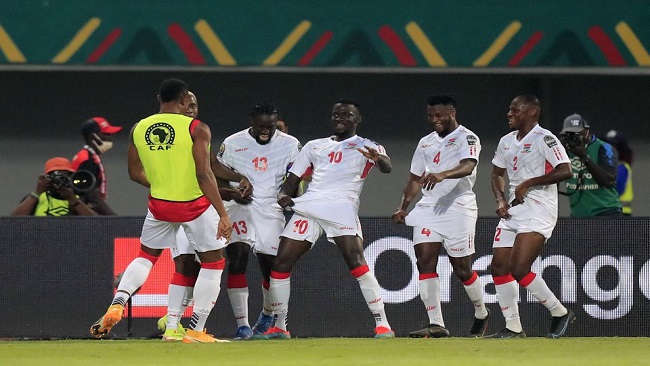
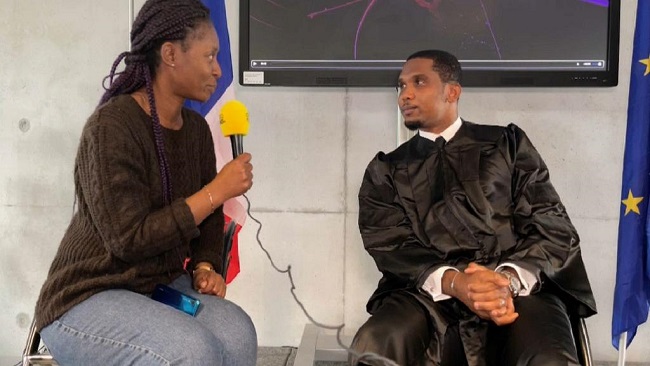
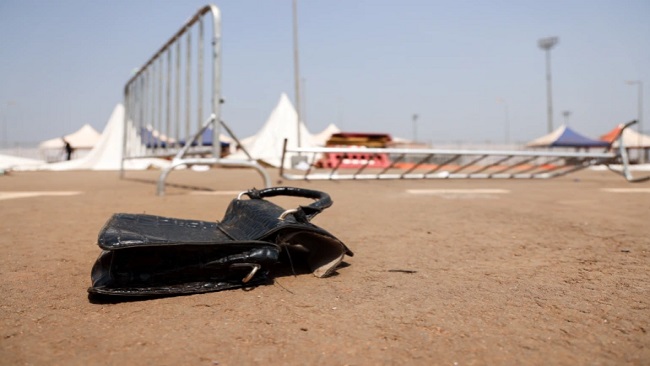
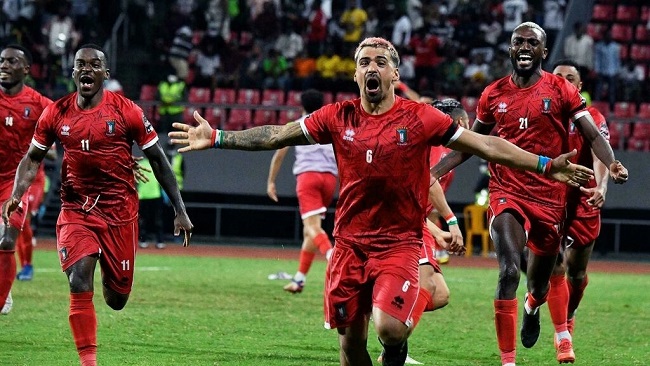
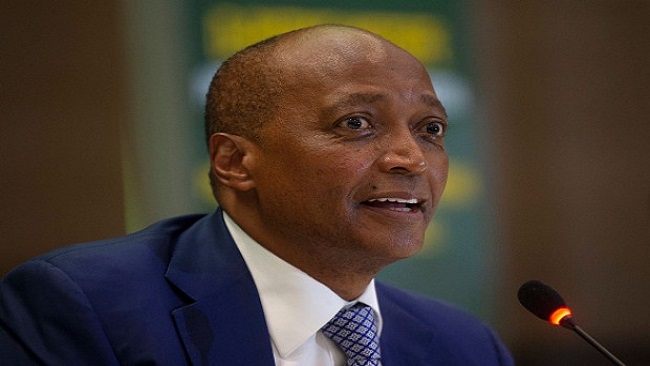
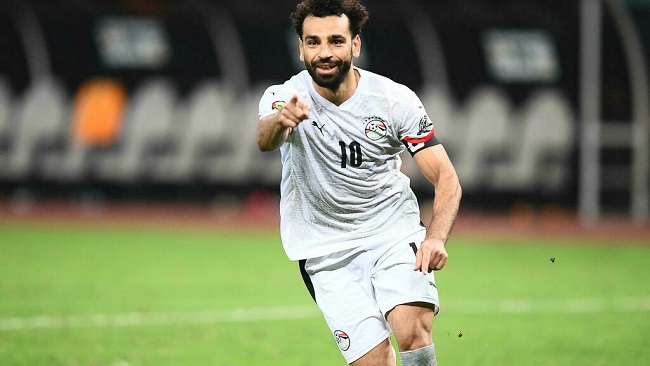
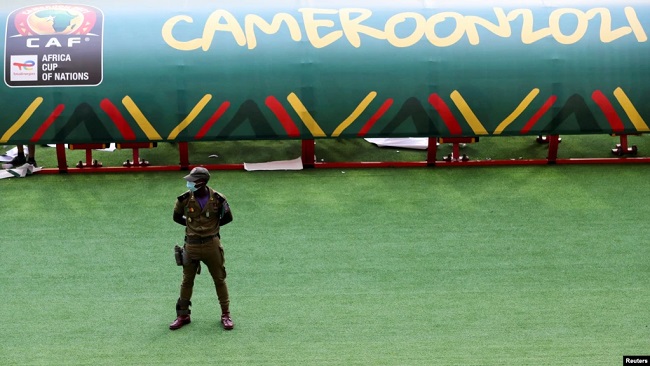
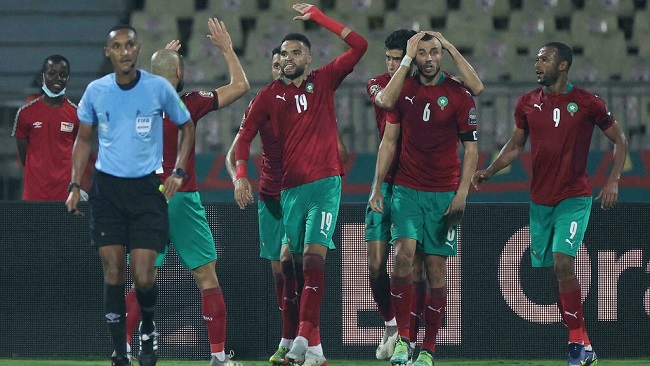


















29, January 2022
CPDM Crime Syndicate: Minister blames ‘reckless’ opening of stadium gate for deadly crush 0
A stampede that led to the deaths of eight people outside an Africa Cup of Nations stadium was caused by a “reckless” decision to open a gate in the face of a “flood of people”, Cameroon’s sports minister said Friday.
“That entry gate was momentarily closed by security forces in the face of a surge of spectators despite other entry gates being in operation,” said Narcisse Mouelle Kombi at a press conference in Douala.
“Overwhelmed by this surge of people, the security forces took the reckless decision to open the south gate, leading to a crush,” which caused the tragedy on Monday at the Olembe Stadium in Yaounde.
The eight dead included a child, while 38 people were also injured.
Witnesses told AFP that a mass of people were crushed up against gates at the southern entrance before police eventually opened them.
Hundreds of supporters then broke through, causing a stampede.
The minister also acknowledged that the number of security staff was “insufficient” at the 60,000-capacity Olembe Stadium in Cameroon’s capital for the last-16 match between the host nation and the Comoros.
However, he blamed the number of people trying to get in with fake or already-used tickets, or even without tickets, for the stampede.
He also said too many supporters arrived late despite gates opening five hours before kick-off and the government closing schools and public services in the afternoon to allow people to watch and attend matches.
In the aftermath of the tragedy, Patrice Motsepe, the president of the Confederation of African Football (CAF), announced that Sunday’s quarter-final due to be played at the Olembe Stadium would be switched to the Ahmadou Ahidjo Stadium, also in Yaounde.
He also announced that CAF would not allow other matches to be played at Olembe Stadium if the Cameroonian authorities did not submit an investigation report by Friday.
“That gate was supposed to be open because if it was open they would have walked through, and for inexplicable reasons it was closed,” Motsepe said on Tuesday.
The sports minister said a report on the investigation, while not yet made public, had been delivered to CAF on Friday and added that the priority for Cameroon’s government was to reopen the Olembe Stadium as soon as possible.
“We are absolutely not playing down what happened but no country is safe from the threat of such accidents or disasters,” he said before announcing several measures intended to make the venue safe.
The measures included moving ticket and Covid-19 test checkpoints further away from the stadium, increasing the number of security personnel and banning children under 11 from matches.
Crowds at all venues had been officially limited to 60 percent of capacity for the tournament because of the pandemic, but the cap is raised to 80 percent when Cameroon play.
For the moment the second Cup of Nations semi-final, to be played on February 3, and the February 6 final are still scheduled at Olembe Stadium.
The first semi-final, originally scheduled for Douala on February 2, has also been moved to the Ahmadou Ahidjo Stadium, but the reason given for that was the state of the playing surface in Cameroon’s economic capital.
That means the final game to be played at Douala’s 50,000-capacity Japoma Stadium will be on Saturday when Cameroon face Gambia in the quarter-finals.
Source: AFP